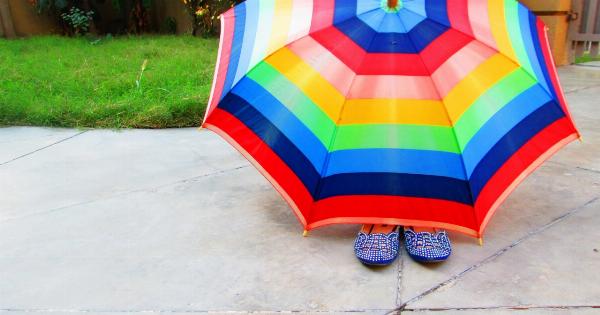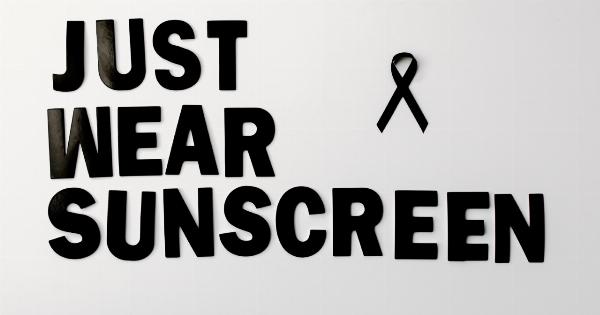Sunscreen is one of the most beloved skincare items. People have been using sunscreen to protect their skin from the sun’s harmful ultraviolet (UV) rays for years.
Sunscreen is a type of cosmetic formulation that acts as a barrier to protect the skin from harmful radiations. Many people often forget that sunscreen has an expiration date, and they are quite curious about why sunscreens have expiration dates.
What is a sunscreen?
A sunscreen is a skincare item that acts as a barrier to protect the skin from harmful radiations.
Sunscreen formulations contain chemicals that reflect or absorb particular wavelengths of UV light, which are then trapped within the sunscreen’s excipients. This is why applying sunscreen with an adequate sun protection factor (SPF) can protect the skin from the sun’s harmful rays.
Why do sunscreens expire?
Sunscreens have a limited shelf life and expire for a variety of reasons. Since the compounds in sunscreen break down over time, the concentration of UV-blocking agents diminishes.
This decreased efficacy jeopardizes the sunscreen’s efficacy in providing adequate sun protection. Some other reasons why sunscreens expire include:.
- The instability of active ingredients can occur when exposed to heat, light, or air. This instability can render them less effective.
- Water and sweat can cause sunscreens to break down faster, making them less effective.
- The ingredients used in sunscreens may become rancid and cause the formulation to have an unpleasant odor or texture.
How to read the expiration date on a sunscreen bottle?
Most sunscreens have a shelf life of three years, according to the FDA. The FDA requires that sunscreen labels include an expiration date if the product is set to expire in less than three years.
Many sunscreens have a date printed directly on them to indicate when they were manufactured and how long the product will last. So, sunscreen bottles usually have an expiration date printed as “Exp” or “Expiry date”.
What happens if you use expired sunscreen?
Expired sunscreen might be less effective in blocking harmful radiation, so it’s better to discard the old bottle rather than risk sunburn, sun damage, or skin cancer.
Furthermore, using expired sunscreen may cause skin irritation or allergy since the ingredients may have degraded.
Conclusion:
Sunscreen formulations have a unique expiration date because they degrade over time, reducing their efficacy at blocking harmful UV radiation.
To maintain adequate sun protection, it’s critical to replace old sunscreens with new ones that have not yet expired. Sunscreens can be a savior for your skin, but be careful when using them since it may lead to an allergic reaction or skin irritations if they are expired.

























